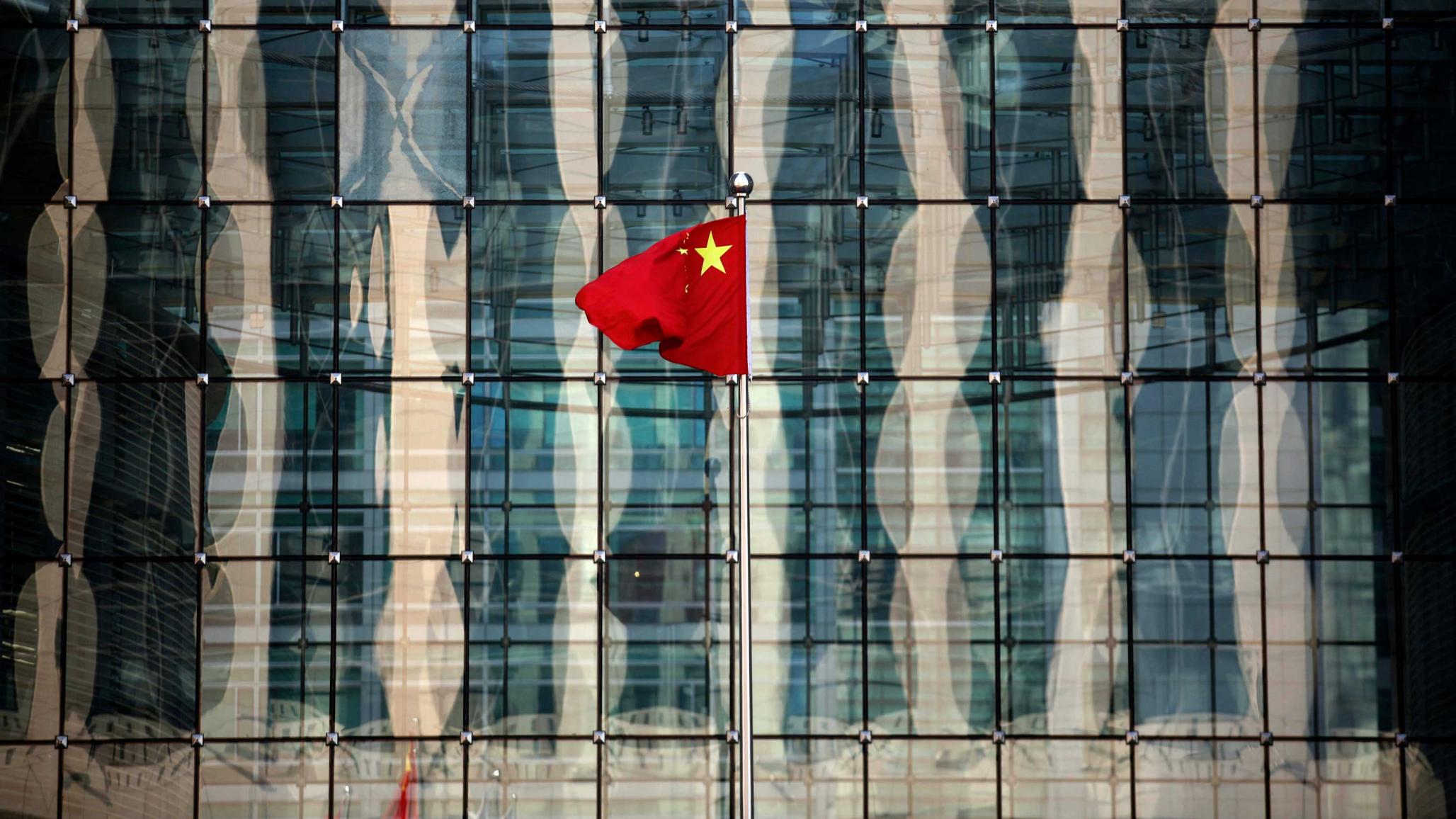Expansionary fiscal policy helped China's economy grow in 2020, a year in which most economies contracted because of the COVID-19 pandemic. Amid a broader pivot to policy and regulatory tightening, fiscal support was withdrawn in 2021. In 2022, government budget turned expansionary to ensure economic stability ahead of the Communist Party Congress, but the execution fell short and fiscal policy ended up being weaker than planned. A recurrent problem during the pandemic, however, was that local governments did not fully spend their budgets. Aside from the sharp drop in local governments' land sale revenue in 2022, which dragged down their spending, it was also caused by local governments' failure to fully utilize their special bond quotas approved by the central government for capital investment. China's fiscal policy during the COVID-19 pandemic highlights four issues with implications for fiscal policy making. First, the government needs to avoid projecting unrealistically high land sale revenue in its budgets. Second, it needs to reconsider its problematic use of local-government special bond as a major fiscal stimulus instrument. Third, it needs to make sure its deficit, growth, and inflation targets are consistent. Last, Beijing needs to be more tolerant of higher fiscal deficits, at a minimum ensuring that overall fiscal spending grows at least as rapidly as nominal output.
Data Disclosure:
The data underlying this analysis can be downloaded here [zip].
Related Documents
- Documentwp24-7.xlsx (146.24 KB)



